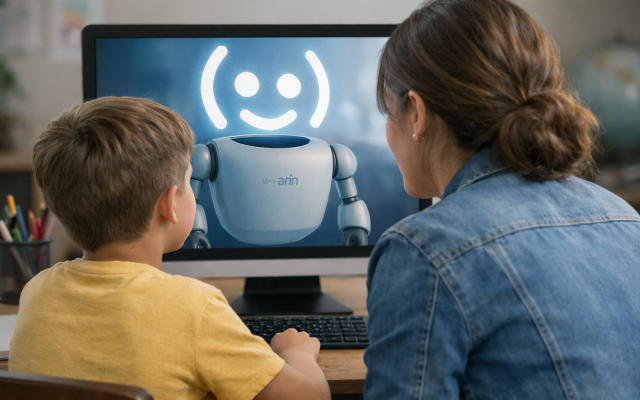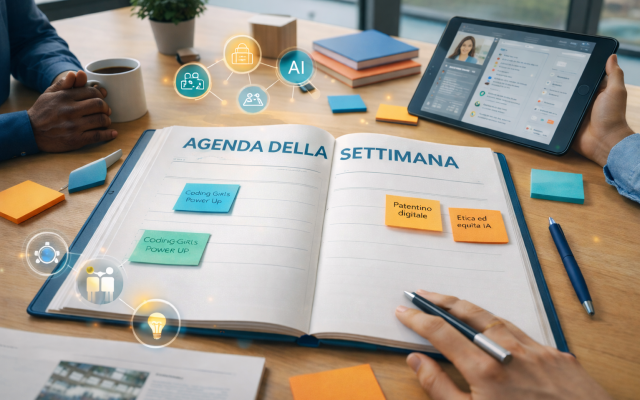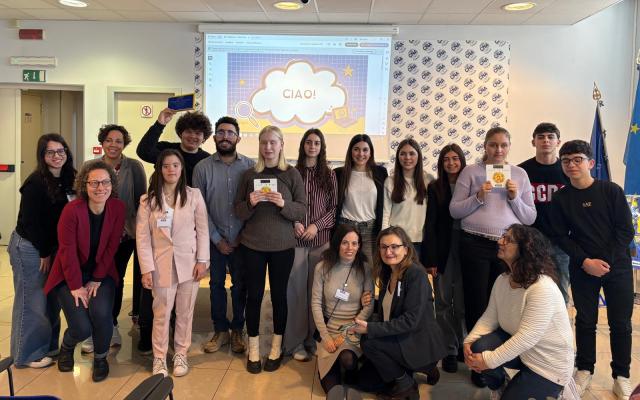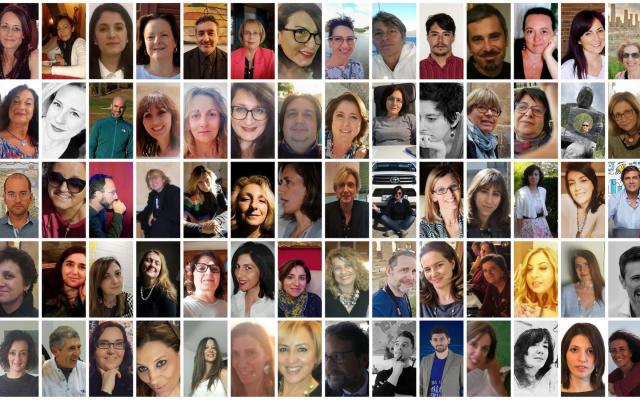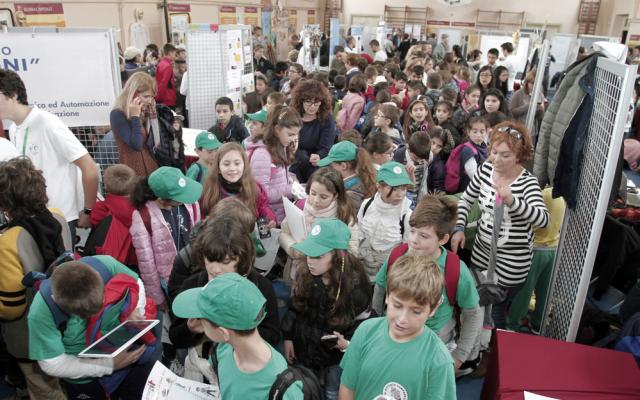Tomorrow is World Teachers’ Day.
Tomorrow, October 5, is World Teachers’ Day, a reminder of Unesco’s recommendations on the status of teachers, on the role of professional trainers, the daily challenges, and the difficult work conditions they must often endure.
With the adoption of Objective 4 of the UN’s Sustainable Development Goals of Agenda 2030 on “Quality Education,” teachers are recognised as key subjects in the implementation of the Agenda 2030 in terms of education. In fact, their commitment is fundamental to provide a high-quality, fair, and inclusive education as well as universal learning opportunities in order to increase global literacy and reduce dropout rates, thereby contributing to improving the lives of individuals and achieveing sustainable development. (Unesco.it)
This year’s focus will be “Valuing Teacher Voices: Towards a New Social Contract for Education.” Teachers must be given greater dignity and respect, allowed greater participation in decisional processes, and their active contribution in educational processes must be promoted.
For World Teachers’ Day, today, UNESCO will be hosting a preview of Apprendre by Claire Simon, a documentary presented at the Cannes Film Festival from a “child’s point of view” [see programme].
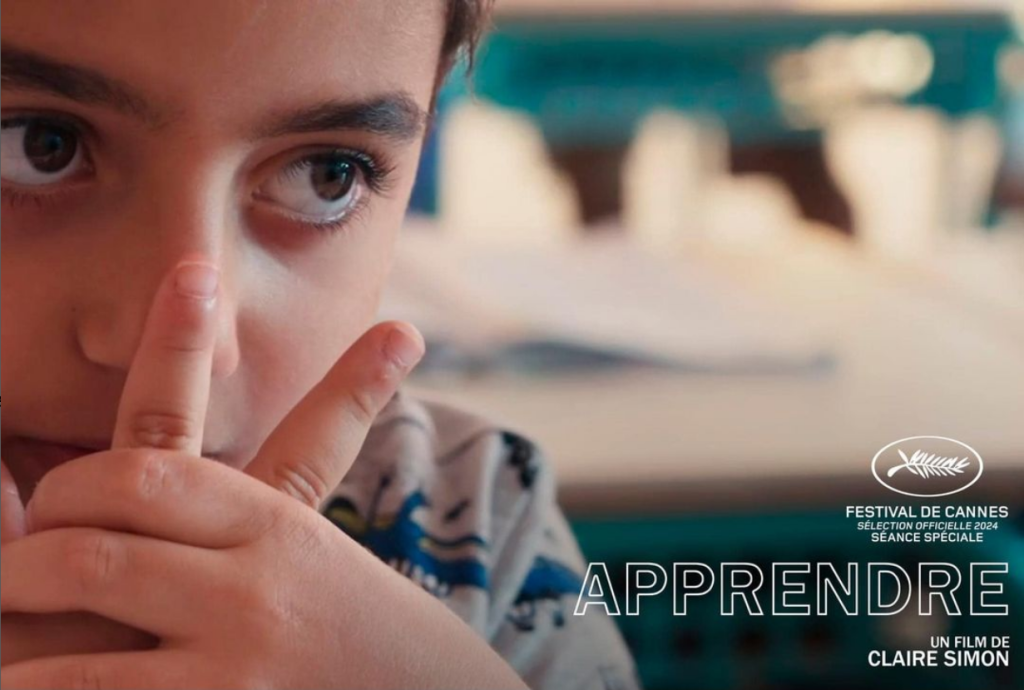
In this context, we would like to share with you a short passage from an interview with Tullio De Mauro (Torre Annunziata, March 31, 1932 – Rome, January 5, 2017), conducted and published by the National Institute for the Analysis of Public Policy (INAPP).
The current debate, on how a teacher can support and drive student motivation and learning, includes various alternatives. De Mauro pointed out a splendid sentence by Don Milan: “Don't ask me what one must do, ask me who one must be to teach well.” “First of all, students must understand that teachers are doing their best to improve their skills,” De Mauro underlines. “(…) I believe that we must focus on the emotions of our students, but especially on our own. We must be the first to be excited with the process of acquiring knowledge and new horizons. We must continually be ready to renew ourselves, even emotionally.”

